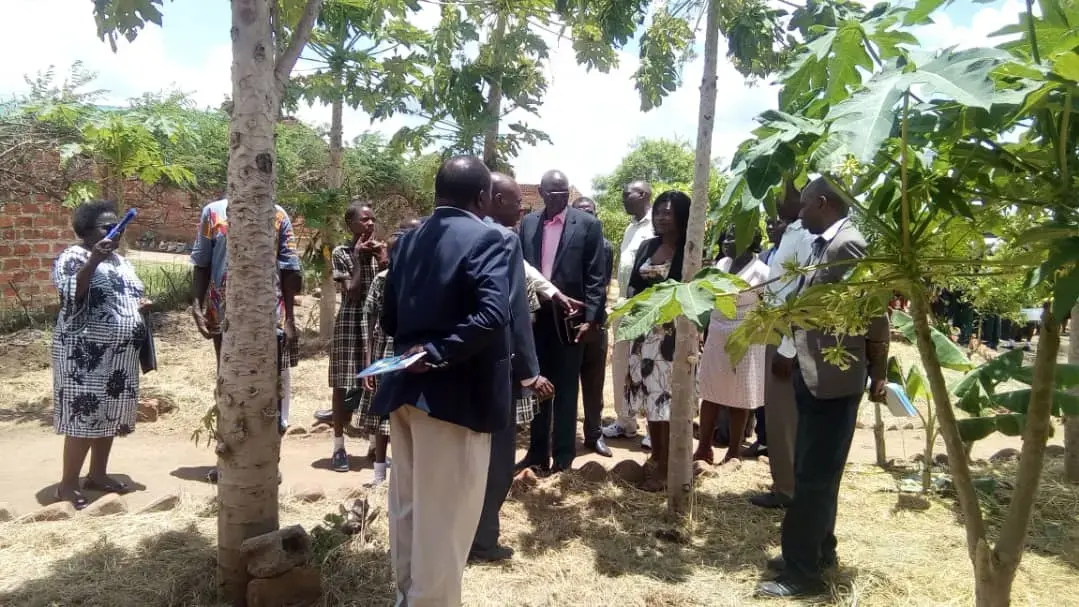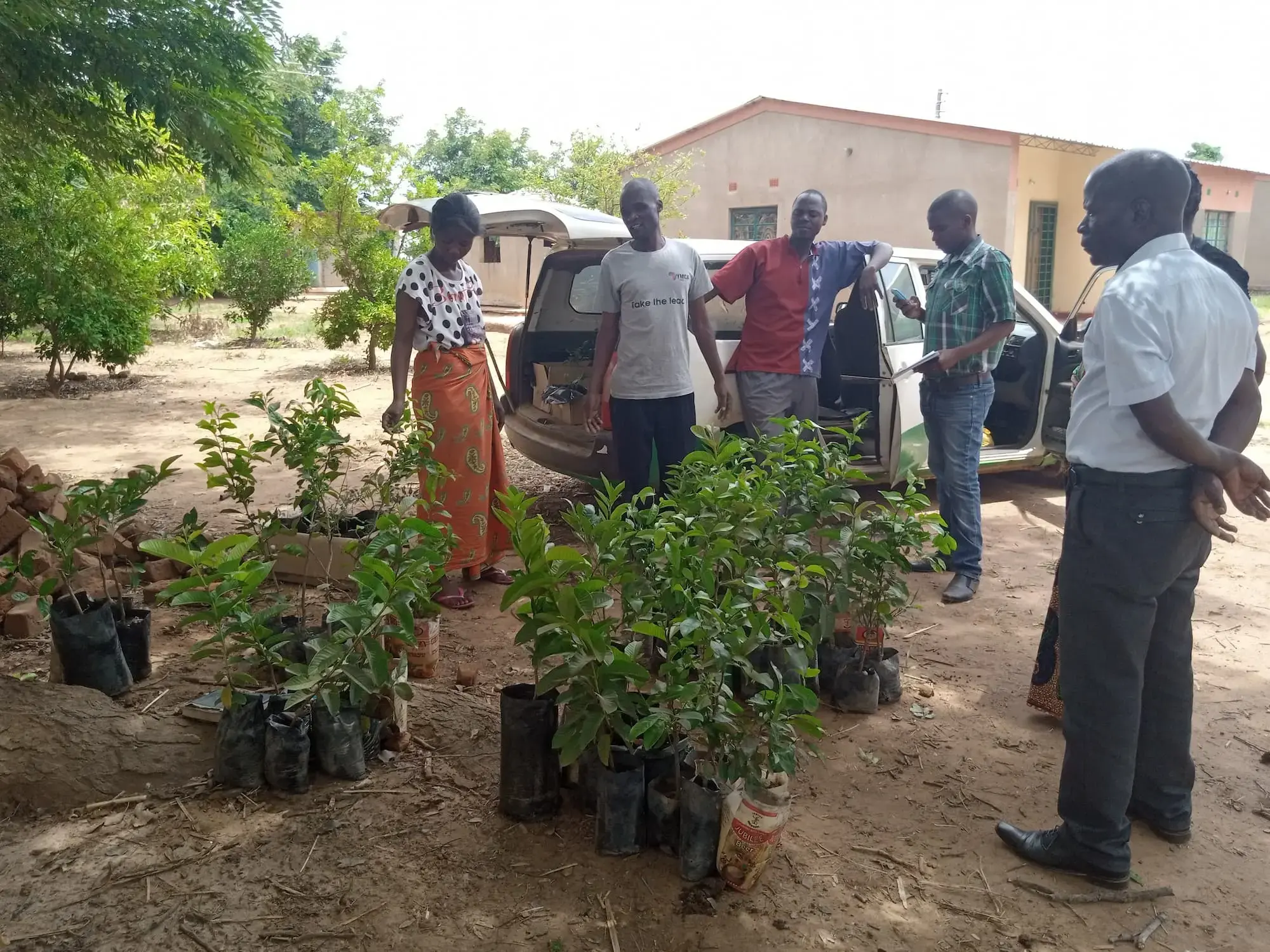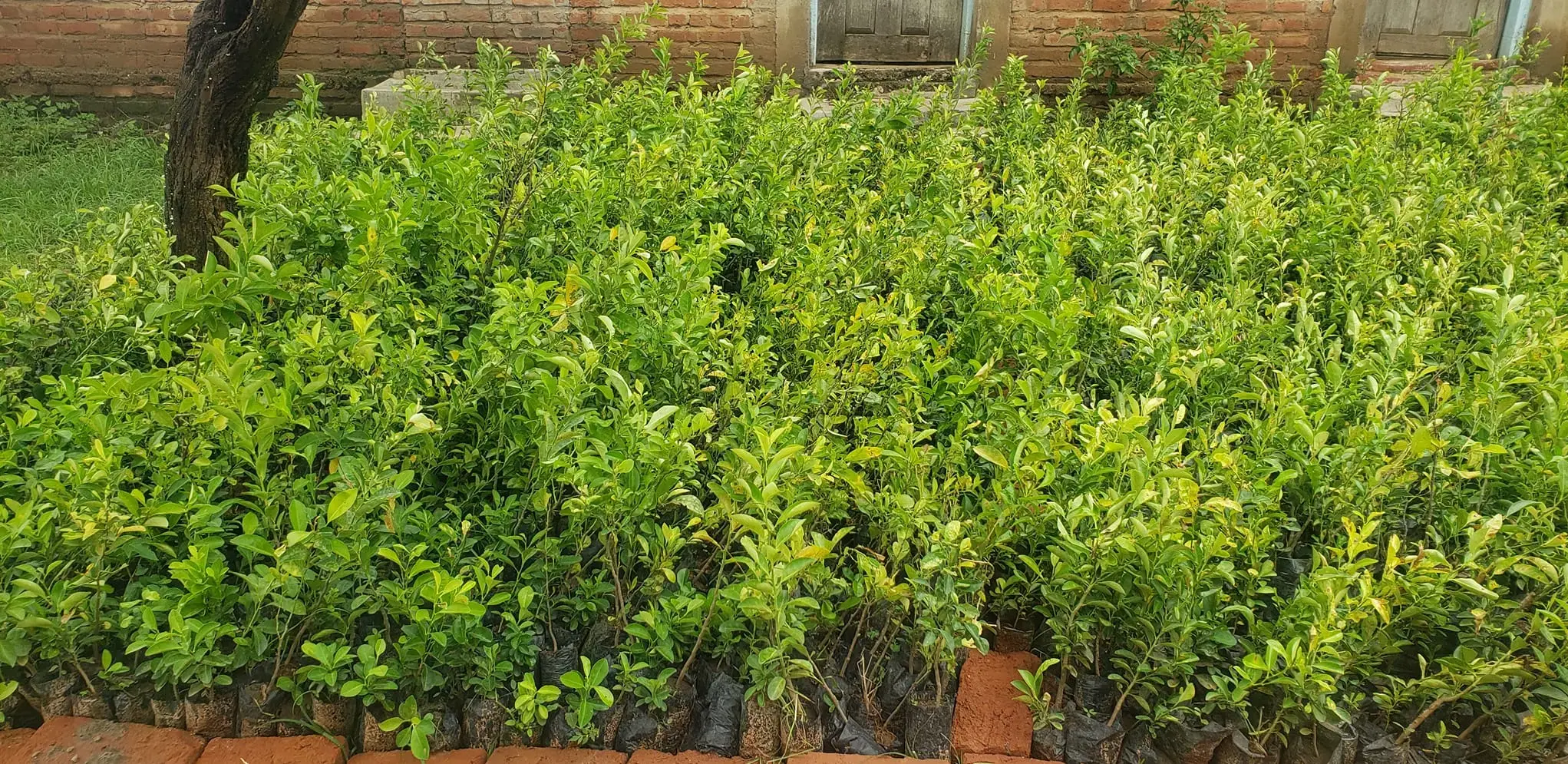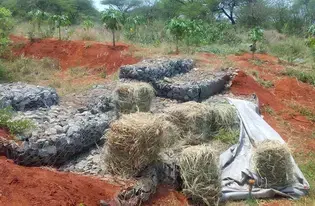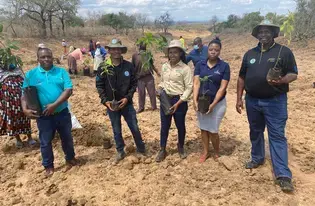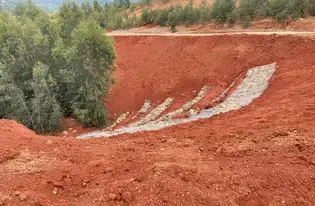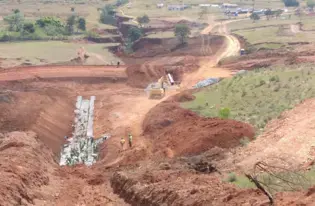Across Zambia, young people are seeing first-hand the impact of landscape restoration thanks to the work of SCOPE, a network of organizations working to fight deforestation and address food insecurity.
Almost half of Zambia’s 17 million people struggle to eat enough food, and 35 percent of children under the age of five suffer from stunted growth, according to the World Food Programme. These are the challenges that Schools and Colleges Permaculture (SCOPE) Zambia is working to overcome.
SCOPE Zambia is a partnership and network-focused non-profit organization that provides inclusive, participatory, practical and holistic environmental education and sustainable land use in schools, colleges and communities. Established in Lusaka in 2015, SCOPE works to grow healthy food and build a culture of care for the environment among young Zambians.
TerraFund for AFR100, a consortium of World Resources Institute, One Tree Planted, and Realize Impact that finances Africa's top restoration enterprises and projects, has funded SCOPE to support their work and restore land in and around school compounds. The partnership promotes forest recovery and food security by planting trees and grasses in schools and communities across six provinces in Zambia.
The project aims to create a greener, more food-secure country and comes in response to Zambia being one of the world's most deforested countries, with an estimated 250,000-300,000 hectares of forest loss per year.
SCOPE is restoring 250 hectares of land and growing more than 60,000 trees to increase food security and fight climate change. To achieve this, 20,000 trees will be planted annually over three years.
The project is tailored to the specific needs and characteristics of each community. The ultimate aim is to create a sustainable environment that supports the well-being of community members, both financially and socially.
“We use a method called Integrated Land Use Design to help communities create environmentally friendly projects that suit their region. For example, we plant fruit trees, vegetables, and other plants that can be sold and trees whose branches that can be harvested for timber while the trunk keeps growing,” says Namasiku Muyoba, Monitoring and Evaluation Officer at SCOPE.
In order to achieve long-term success, SCOPE also provides education on tree and soil management to enable community members to restore their lands and generate income from sustainable practices.
“Sesheke Secondary School uses vetiver grass for ground cover because it can withstand hot weather, which makes the school greener and more beautiful. The students are also taught to protect the environment by using safe farming methods and properly managing waste, both at school and in their communities,” says Henry Chibutu, Managing Director of SCOPE Zambia.
SCOPE and its partners are making a positive impact on the lives of children by planting fruit and medicinal trees, leading to improved nutrition and health. In addition, the initiative has inspired the community to work collaboratively towards restoring the landscapes of Zambia through sustainable farming practices.
With a belief that having the right mindset in the community is important for protecting the environment, SCOPE provides training on natural farming methods, which improves the food quality and supports landscape restoration.
The organization has also closely monitored the progress of each site it restores to track and extend its impact across the country. Today, community members across Zambia are taking care of nurseries and training farmers in sustainable practices.
SCOPE is looking forward to growing more trees in the years ahead and expanding its partnerships to build a greener Zambia.
